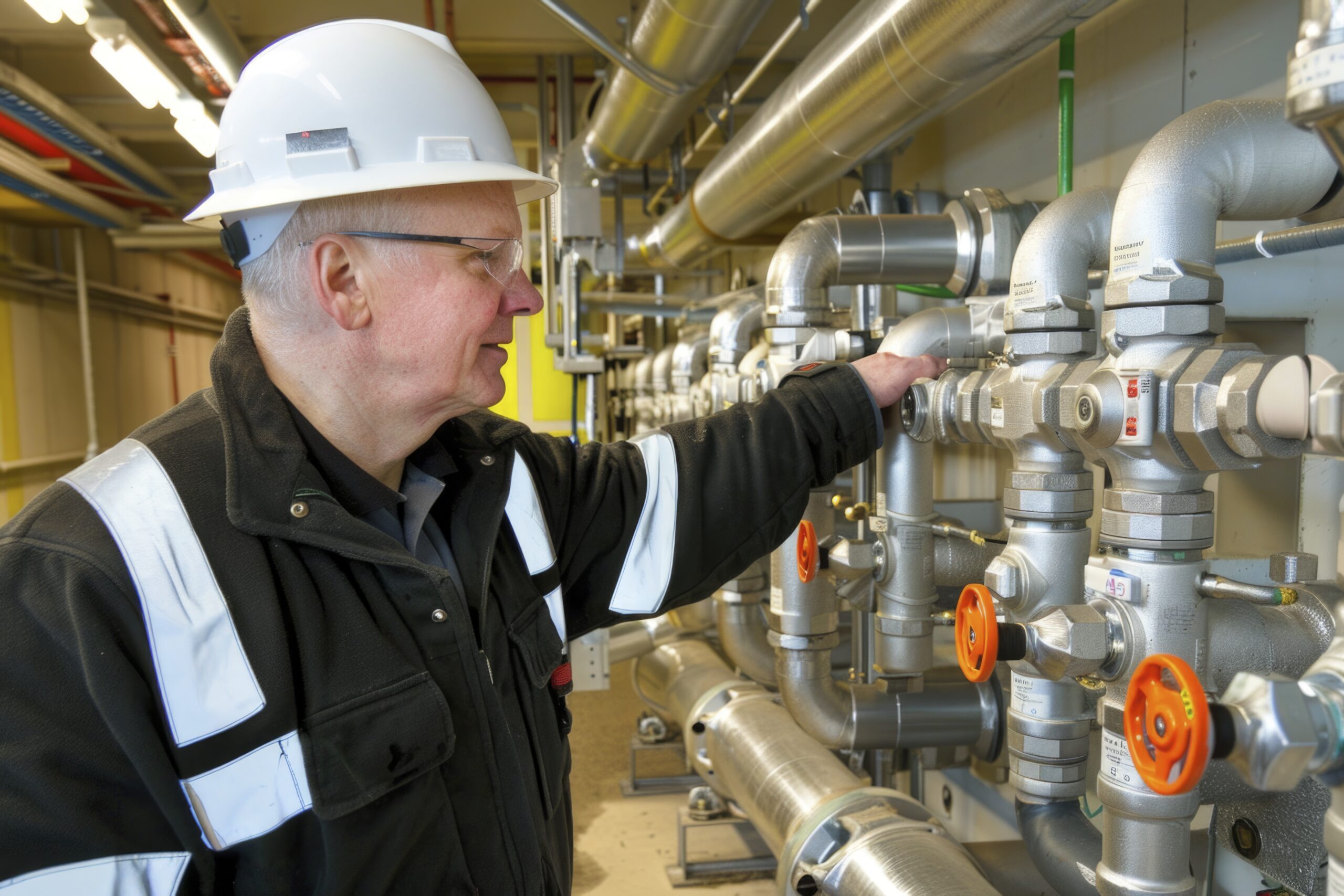Key Takeaways:
- Regular cleaning of pipelines is essential for reducing operational downtime and maintenance expenses.
- Clean pipelines enhance efficiency, prolong lifespan, and improve safety in various industries.
- Engaging professional services ensures thorough cleaning and minimizes risks associated with DIY methods.
Introduction
Pipelines convey essential resources like oil, gas, water, and chemicals across vast networks. Their role in connecting raw material sources with processing and manufacturing hubs cannot be overstated. As the backbone of industrial operations, maintaining clean pipelines is not a mere option—ensuring smooth operation, minimizing costly interruptions, and safeguarding infrastructure investments are necessary. However, the intricate dimensions and configurations of pipelines make their maintenance challenging. While DIY methods may appear economically appealing, they often fail to address the complexity and extent of pipeline cleaning, leading to long-term inefficiencies and costs. By contrast, professional cleaning services offer the expertise and technology required to maintain pipelines at optimal efficiency, reduce the risk of unforeseen breakdowns, and ensure compliance with safety and environmental standards.
The Advantages of Regular Pipeline Cleaning
Regular pipeline cleaning is a proactive approach that circumvents many problems associated with neglected maintenance. Over time, pipelines can accumulate various sediments, debris, and residues, significantly diminishing their functional diameter. This build-up restricts the flow of resources, increasing the pressure and energy required for transport, and can ultimately lead to structural strain and failures. Adopting comprehensive pipeline cleaning solutions is crucial for removing these obstructions, mitigating wear and tear, and enhancing the overall operational resilience of pipelines. Clean pipelines promote efficient resource flow, reduce energy consumption, minimize unnecessary strain on pumping systems, and reduce operational costs. Notably, by securing pipeline integrity, cleaning helps extend service life, delaying the need for expensive replacements and extensive repairs that can halt production and incur significant costs.
How Clean Pipelines Alleviate Downtime
Minimizing downtime is paramount in ensuring consistent production flow and meeting industry demand. Unplanned outages disrupt supply chains and lead to tangible and intangible losses. By maintaining pipelines in pristine condition, industries can avert these interruptions. Clean pipelines facilitate unhindered material flow, preventing bottlenecks that can slow down or completely halt operations. Advanced cleaning materials like mine play a crucial role in maintaining the smooth inner surfaces of pipelines, enhancing reliability and resilience against unexpected failures. Additionally, cleaner pipelines are easier to monitor, as regular cleaning enables more accurate condition assessments and defect detections, thus allowing for timely interventions before minor issues escalate into major problems. The ability to proactively manage and resolve such concerns efficiently ensures that businesses remain competitive by consistently meeting production targets and maintaining high customer satisfaction levels.
The Importance of Professional Services
While the allure of DIY methods lies in immediate cost-saving, these approaches often overlook the critical inner workings of pipelines, leading to insufficient cleaning and potential long-term damage. Professional services transcend this risk by offering specialized knowledge, equipment, and methodologies tailored to the unique demands of pipeline systems. Trained technicians utilize state-of-the-art tools to access and clean every pipeline segment, targeting areas DIY methods cannot reach. These professionals are adept at identifying corrosive elements, blockages, and potential weak points, providing valuable insights and preventative measures that would otherwise be missed. Furthermore, professional services adhere to stringent industry regulations and safety protocols, ensuring that cleaning processes protect the pipeline infrastructure and the surrounding environment. Engaging professionals optimizes pipeline functionality and leverages their expertise to maintain compliance and risk-averse operations.
Cost Benefits of Professional Maintenance
Investing in professional maintenance might seem like a larger initial expenditure, but it translates into substantial financial savings over the long term. Professional cleaners employ eco-friendly and technologically advanced solutions to maintain pipeline health without using harsh chemicals that can degrade pipeline materials. Routine scheduled maintenance by professionals forestalls severe issues, alleviating the financial burden of emergency repairs and prolonged outages. Additionally, by ensuring pipelines remain in peak condition, industries can lower insurance premiums and liability risks associated with potential environmental damage or safety incidents. The efficiencies gained from professional cleaning practices enable companies to avoid hefty regulatory fines and enhance productivity, profitability, and competitive advantage. As businesses apply proactive measures across operational areas, these savings contribute significantly to sustainable growth and optimized resource allocation.
Conclusion
Maintaining clean pipelines is more than a best practice in the competitive realm of industrial operations—it’s a strategic advantage that enhances reliability, safety, and sustainability. Businesses can reduce downtime, cut maintenance costs, and focus on core operational activities by prioritizing regular professional maintenance. Professional services ensure comprehensive pipeline cleaning, preventing the shortcomings of amateur efforts and safeguarding critical infrastructure investments. In embracing a consistent maintenance regimen exemplified by expert care, industries are investing in their current production efficiency and securing their position in the future landscape of industrial competitiveness and innovation. Clean pipelines, supported by professional maintenance, are committed to operational excellence and long-term success.

